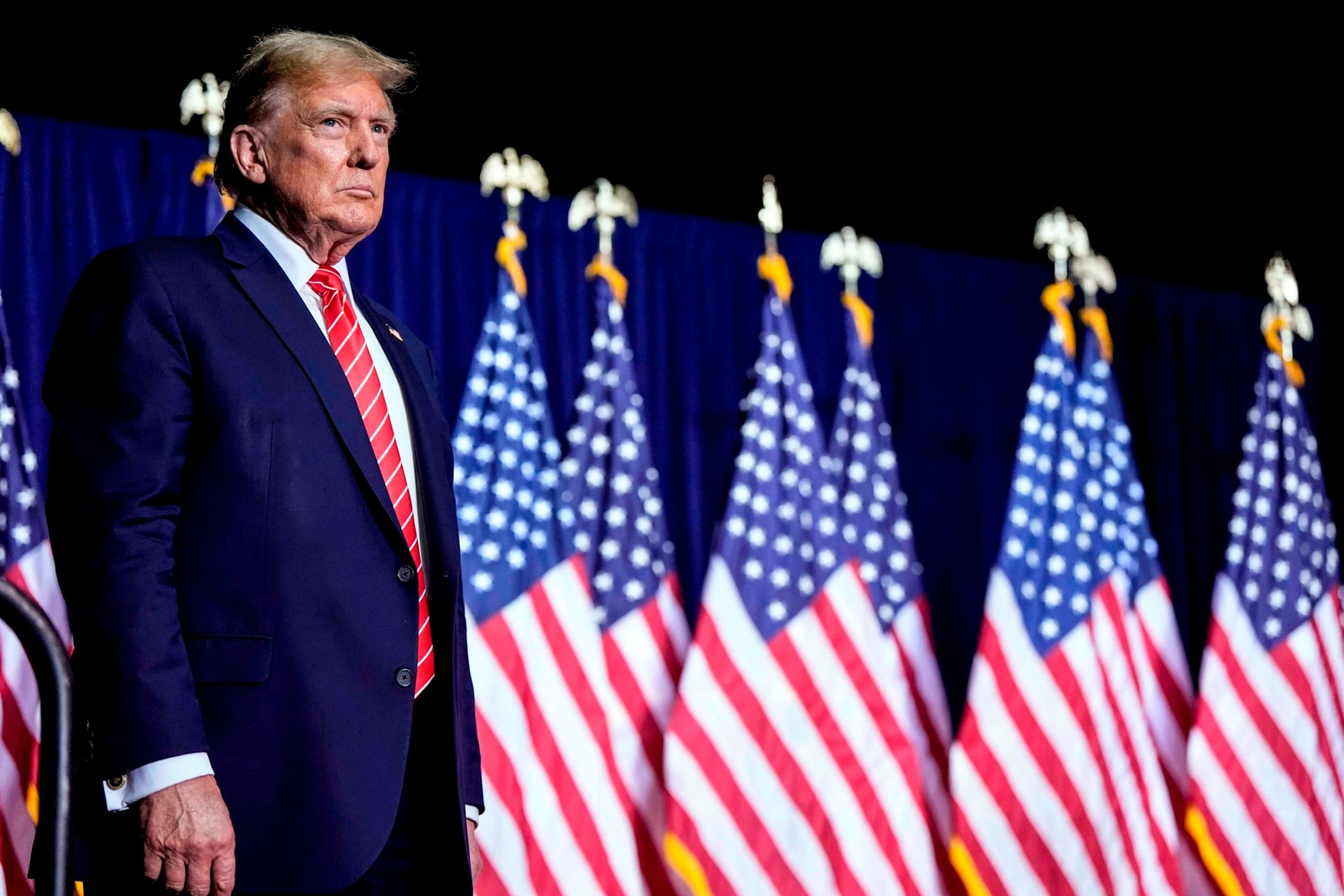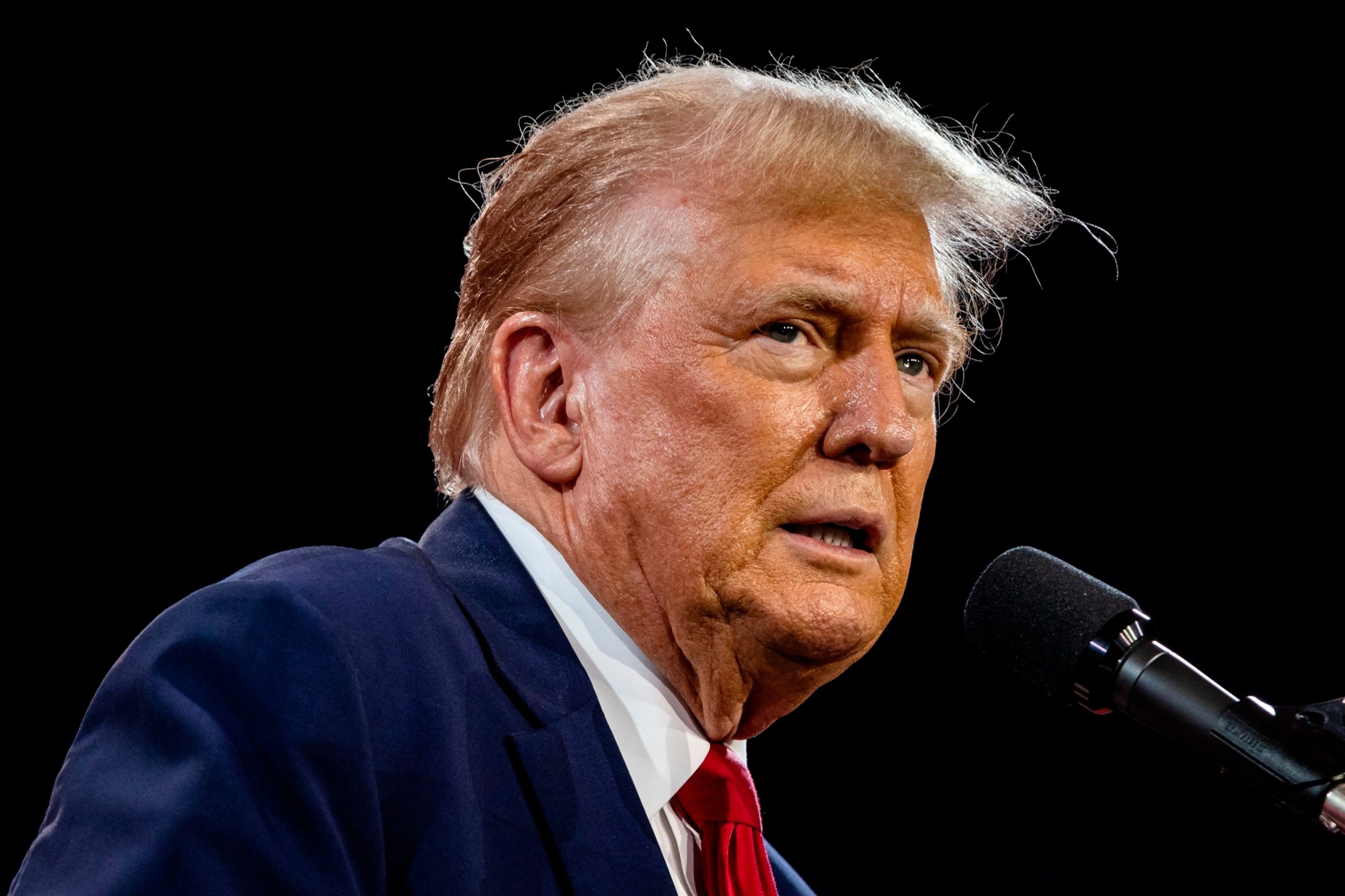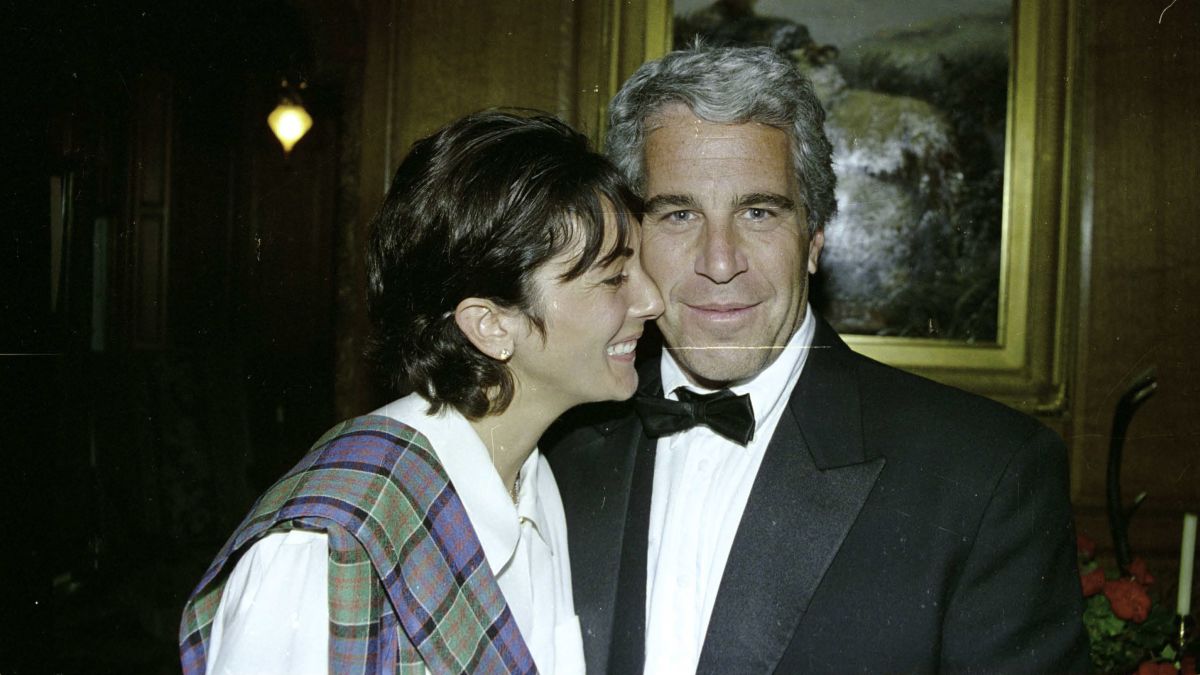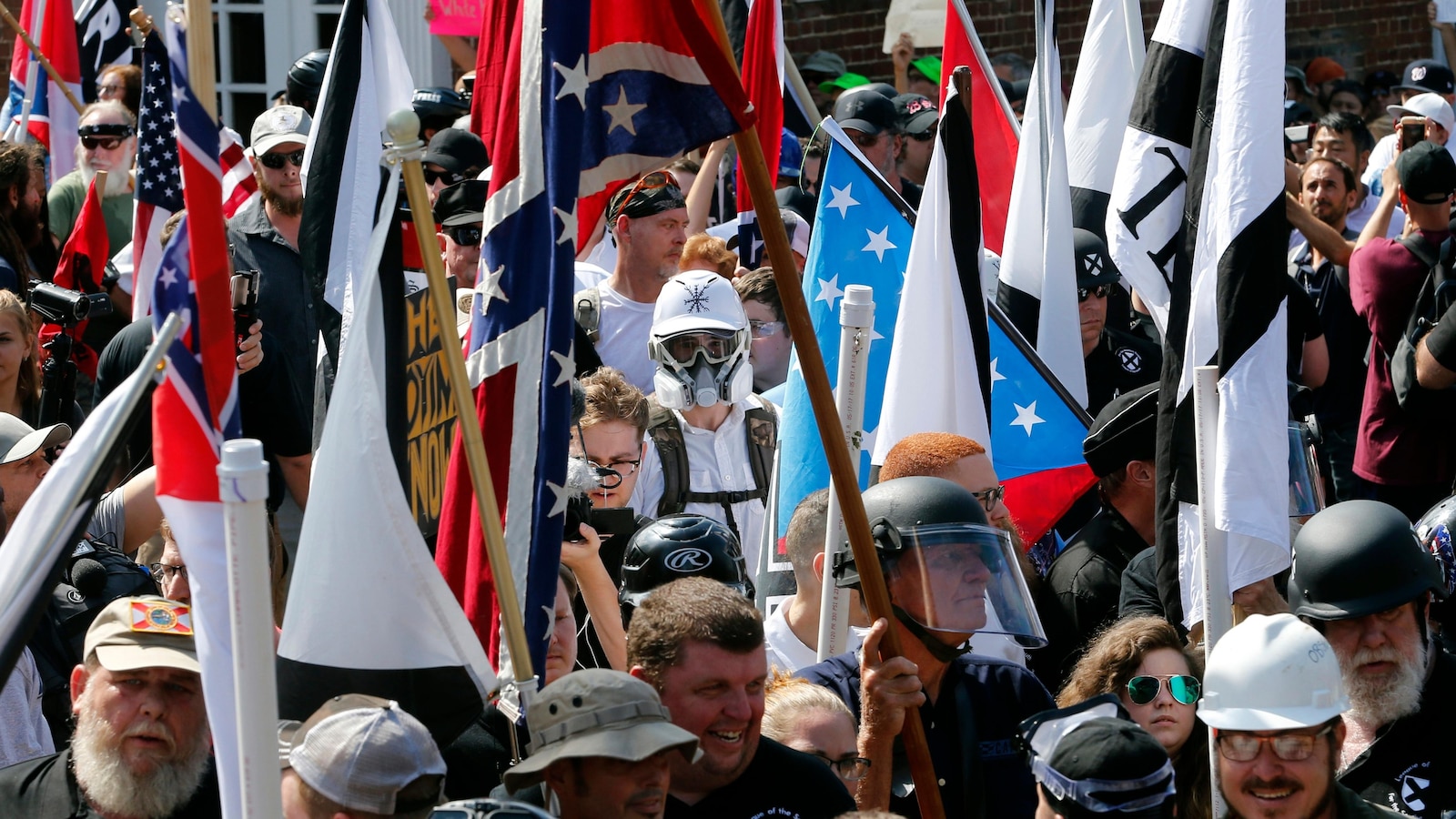The federal judge overseeing Donald Trump’s classified documents case on Thursday ordered an additional hearing to determine whether prosecutors improperly used evidence protected by attorney-client privilege to secure their indictment against the former president.
In an 11-page ruling issued Thursday, Judge Aileen Cannon wrote that an additional hearing was necessary to resolve “pertinent factual disputes” related to key evidence in the case.
As previously reported by ABC News, prosecutors have relied on the notes of Trump’s former lead attorney Evan Corcoran to support their allegations that the former president obstructed justice by hiding classified documents from investigators.
After a federal judge in Washington D.C. determined last year that the notes were not protected by attorney-client privilege because Trump used his attorney in furtherance of a crime, defense attorneys asked Cannon to reconsider whether the evidence should be tossed out.
Judge Cannon wrote in Thursday’s order that she would set a date for the hearing in a separate order.
The judge heard arguments on the defense motion to suppress the evidence during a sealed hearing on Tuesday morning. In Thursday’s order she wrote that she considered prosecutors’ concerns that the hearing could “devolve into a ‘mini trial'” — but she said she would impose “reasonable limitations” on the hearing, which could include witness testimony.
“[T]here is a difference between a resource-wasting and delay-producing ‘mini-trial,’ on the one hand, and an evidentiary hearing geared to adjudicating the contested factual and legal issues on a given pre-trial motion to suppress,” Cannon wrote.
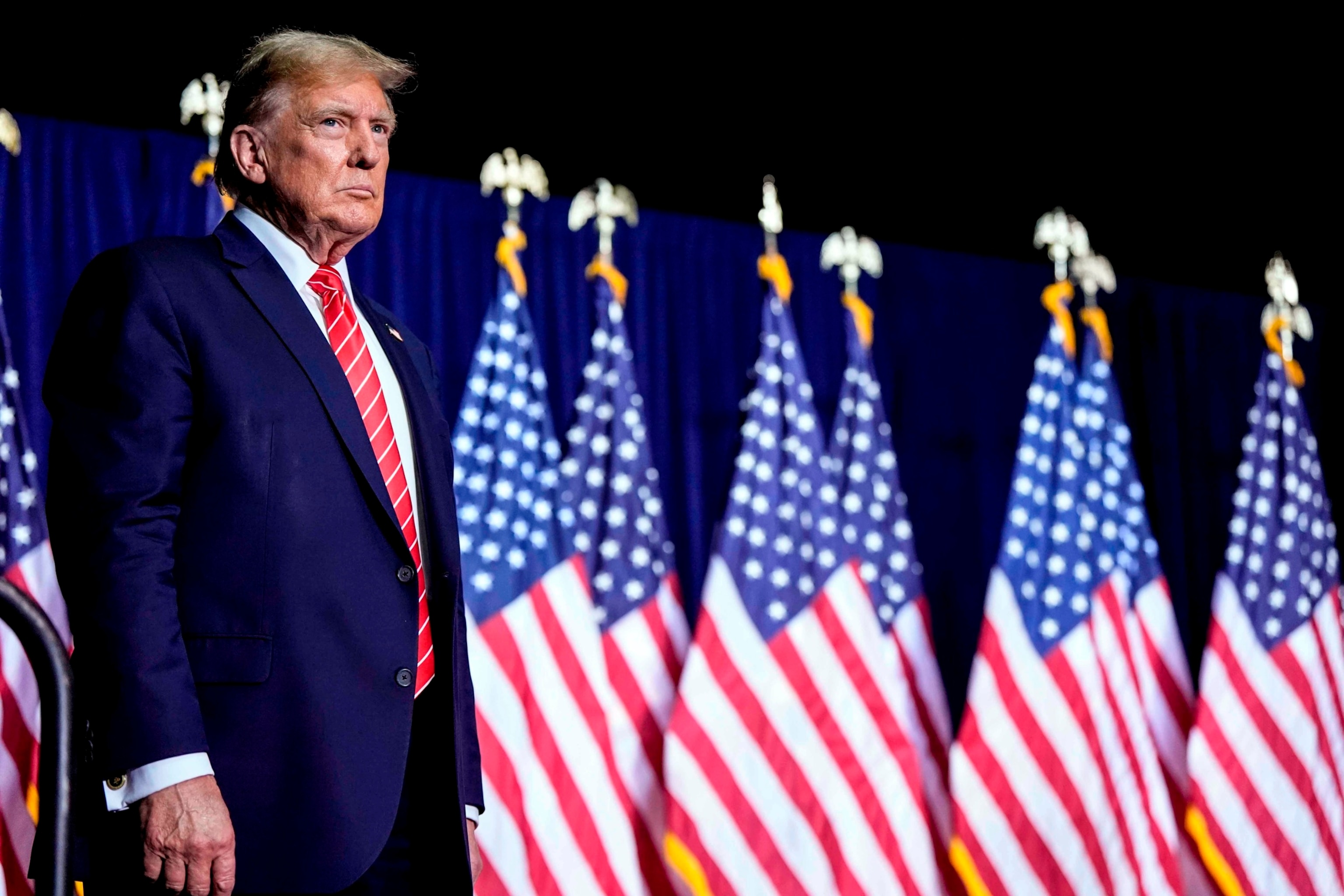
Republican presidential candidate former President Donald Trump speaks at a campaign rally, March 9, 2024, in Rome Ga.
Mike Stewart/AP
Cannon said she also plans to consider whether an attachment of the search warrant for the FBI’s August 2022 search of Trump’s Mar-a-Lago estate contained “ambiguities” about the evidence authorized to be seized. Defense attorneys argued that terms such as “presidential records” and “national defense information” were too vague for the FBI agents who executed the warrant.
Handing a small win to prosecutors, Cannon separately denied a request to hold a hearing about whether the application for the Mar-a-Lago search warrant contained “material false statements or omissions.”
Defense attorneys argued on Tuesday that the warrant application omitted key details, including that Trump did not have to have a security clearance to view classified documents, that an FBI supervisor disagreed about a search warrant being necessary, and the lack of a definition of the word “personal records.”
“[The defense] identifies four omissions in the warrant, but none of the omitted information — even if added to the affidavit in support of the warrant — would have defeated a finding of probable cause,” Cannon wrote.
Trump pleaded not guilty last year to 40 criminal counts related to his handling of classified materials after leaving the White House, after prosecutors said he repeatedly refused to return hundreds of documents and took steps to thwart the government’s efforts to get the documents back.
Trump has denied all charges and denounced the probe as a political witch hunt.
A federal judge has scheduled a hearing to discuss the potential exclusion of crucial evidence in the case involving classified documents related to former President Donald Trump. The hearing, set to take place next week, comes after prosecutors raised concerns about the admissibility of certain evidence in the case.
The case centers around the handling of classified information by Trump during his time in office. The documents in question are said to contain sensitive information that could potentially compromise national security if released to the public. Prosecutors argue that this evidence is crucial to their case against Trump, who has been accused of mishandling classified information during his presidency.
However, defense attorneys for Trump have raised objections to the inclusion of this evidence, claiming that it was obtained illegally and should not be admissible in court. They argue that the evidence was obtained through unauthorized means and violates Trump’s rights under the Fourth Amendment.
The judge overseeing the case has expressed concerns about the potential exclusion of this crucial evidence, noting that it could significantly impact the outcome of the trial. The hearing next week will provide both sides with an opportunity to present their arguments and allow the judge to make a decision on the admissibility of the evidence.
This case has garnered significant attention due to its implications for national security and the potential legal ramifications for Trump. If the evidence is excluded from the trial, it could weaken the prosecution’s case and make it more difficult to hold Trump accountable for his actions.
As the hearing approaches, both sides are preparing to make their case in front of the judge. The outcome of this hearing could have far-reaching consequences for the future of the case and could shape how classified information is handled by future presidents. Stay tuned for updates on this developing story.
